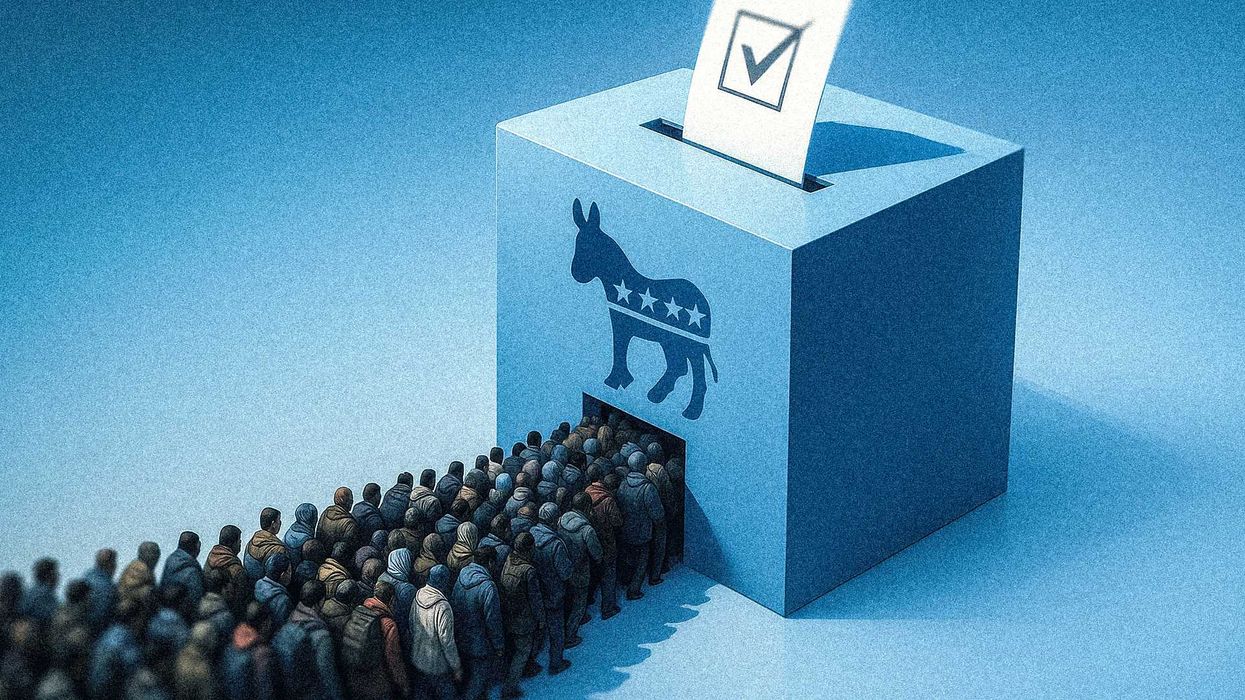The Congressional Budget Office reported Wednesday that the federal government saw a higher budget deficit in the first half of fiscal year 2015 compared to 2014, and said higher spending due to Obamacare is part of the reason.
CBO said the budget deficit was $430 billion in the first half of fiscal year 2015, a $17 billion increase. While there were several contributing factors to that increase, CBO said spending on Obamacare was a significant change from 2014 to 2015.
 Obamacare spending, including new Medicaid benefits and health insurance subsidies, has increased, and has contributed to a higher budget deficit so far this year. AP Photo/J. David Ake
Obamacare spending, including new Medicaid benefits and health insurance subsidies, has increased, and has contributed to a higher budget deficit so far this year. AP Photo/J. David Ake
First, CBO said Medicaid spending rose by $31 billion from October 1 through March 31 compared to that same period a year earlier. CBO said that increase was seen because Medicaid spending under Obamacare didn't kick in until January 2014, partway into fiscal year 2014, but that spending was in effect for the entire first half of fiscal year 2015.
Under the law, Medicaid eligibility was expanded by most states, which led millions of people to sign up for the program that provides health services to low-income families.
Secondly, CBO measured Obamacare subsidies that help people buy insurance, and found they have grown by six times over the last year. In the first half of 2014, $2 billion was spent on these subsidies, but in the first half of 2015, $12 billion was spent.
Those two spending changes alone accounted for $41 billion in new spending, more than the total net $17 billion increase. Without the Obamacare spending increases, the total budget deficit would have fallen from 2014 to 2015.
CBO noted that both government receipts and government spending were up 7 percent in the first half of the fiscal year compared to last year. But because spending was higher than receipts, spending grew faster and led to a $17 billion increase in the budget deficit.
While the budget deficit is $430 billion halfway through the fiscal year, that doesn't mean the total deficit for the year will be $860 billion. For example, tax receipts collected in the current quarter are expected to led to a temporary budget surplus.
CBO's last projection is that the total budget deficit for 2105 will be somewhere around $500 billion.
Read the CBO's latest report here:

 Obamacare spending, including new Medicaid benefits and health insurance subsidies, has increased, and has contributed to a higher budget deficit so far this year. AP Photo/J. David Ake
Obamacare spending, including new Medicaid benefits and health insurance subsidies, has increased, and has contributed to a higher budget deficit so far this year. AP Photo/J. David Ake






